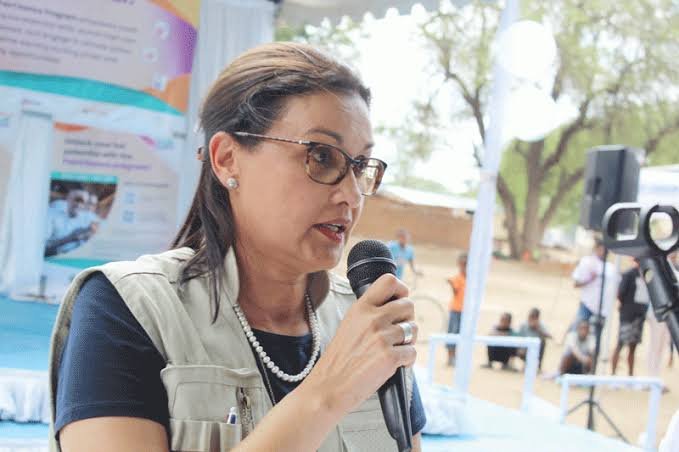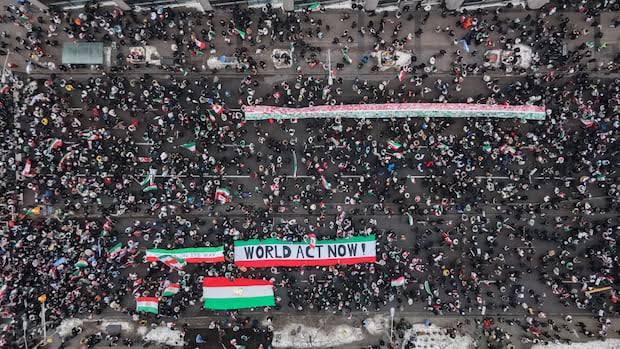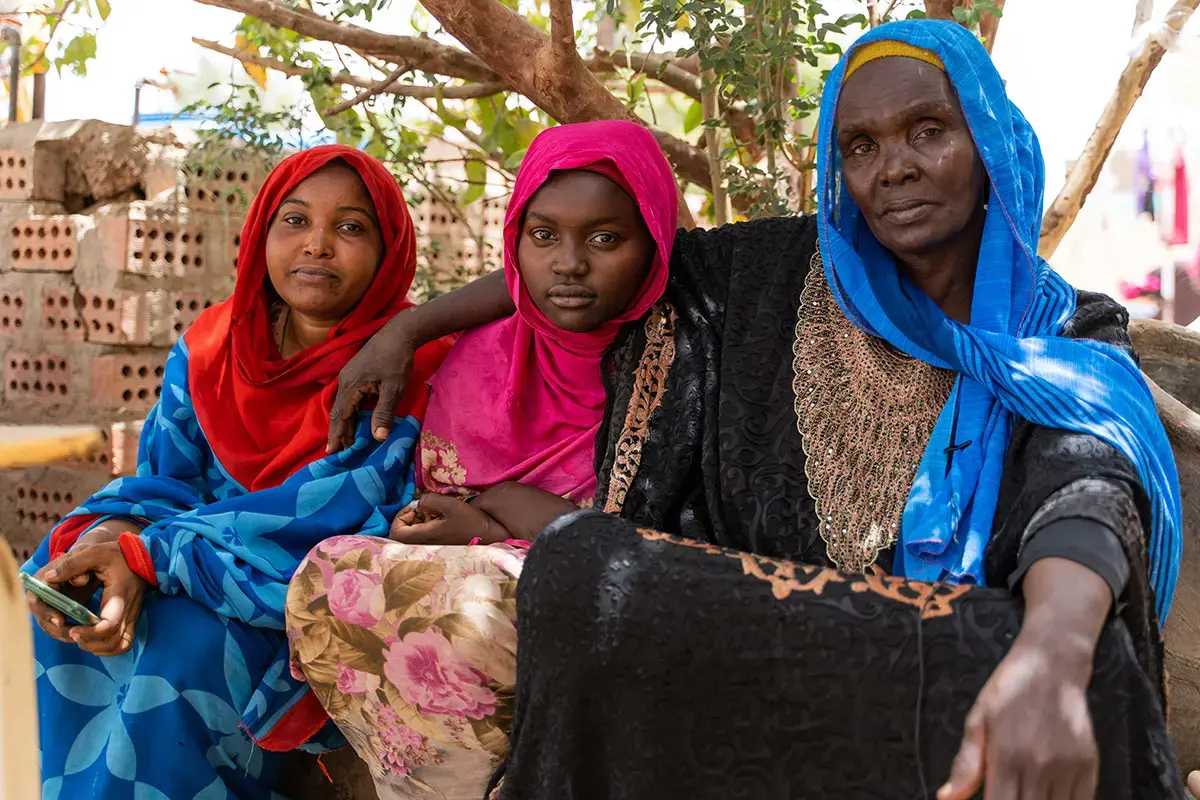Photo credit: Newsday Zimbabwe
The Zimbabwean government, in collaboration with UNICEF Zimbabwe and The Boost Fellowship Trust, have officially launched The FairChance Program.
NewsDay reports that launched last Thursday, the initiative aims to empower the youth of Tongogara Refugee Camp by providing critical skills, knowledge, and opportunities to help refugee youth integrate socially and economically while promoting their overall well-being.
The settlement is home to over 16,000 refugees, mainly from the DRC, Mozambique, Burundi, and Rwanda. 48 percent of the population are children, and 33.6% are classified as youth. While vibrant, this demographic faces significant challenges. Many young people have limited access to education, struggle with unemployment, and need more opportunities for social mobility.
The FairChance programme aims to bridge this gap by equipping youth with the tools to thrive in a challenging environment.
Tongogara has two educational centres which serve thousands of students. However, these institutions are often stretched beyond capacity, and many refugee youth drop out or do not have the opportunity to continue their education beyond basic levels.
The programme seeks to address this by providing alternative pathways through skills development, entrepreneurship, and digital literacy training. These efforts will help refugee youths to acquire the expertise they need to build sustainable livelihoods.
At the launch, the UNICEF deputy country representative, Zeinab Adam, said, “Many of you here today are familiar with the struggles of unemployment, limited education and the pressure of social issues like substance abuse. For you, as refugee youth, these challenges are often even more severe, leaving you without many opportunities to thrive.”
The FairChance Programme is designed to provide youth with skills applicable in local and global contexts. Through a partnership with Goodwill, an online platform for professional development, applicants will have access to digital learning resources, mentorship, and global opportunities.
With only two ICT centres currently available in the settlement, the programme will also work to improve digital infrastructure, ensuring that young refugees have access to the internet and the digital tools necessary to participate in the modern economy.
The programme goes beyond education by focusing on entrepreneurship and innovation.
Tongogara has a rich history of small-scale economic activities, with 240 households involved in businesses such as grocery shops, garment making, and grinding mills. The programme aims to build on this foundation by offering entrepreneurship training and seed funding for youth-led business ideas. This initiative will encourage young refugees to identify local challenges like food security, waste management and energy. They will then develop innovative solutions that can benefit the entire community.
One of the programme’s unique features is its ambassador initiative, in which youth leaders within the settlement help mobilize their peers, ensuring that the programme remains relevant and impactful.
The programme comes at a critical time for Tongogara, which faces ongoing challenges related to infrastructure and resources. The settlement spread over 870 hectares, is prone to disasters, including flooding and strong winds, which often damage temporary shelters. With over 5,200 households in the settlement, many of the structures are inadequate, leaving residents vulnerable to the elements.
The programme will also contribute to living conditions by fostering economic activities leading to better housing and infrastructural development.







